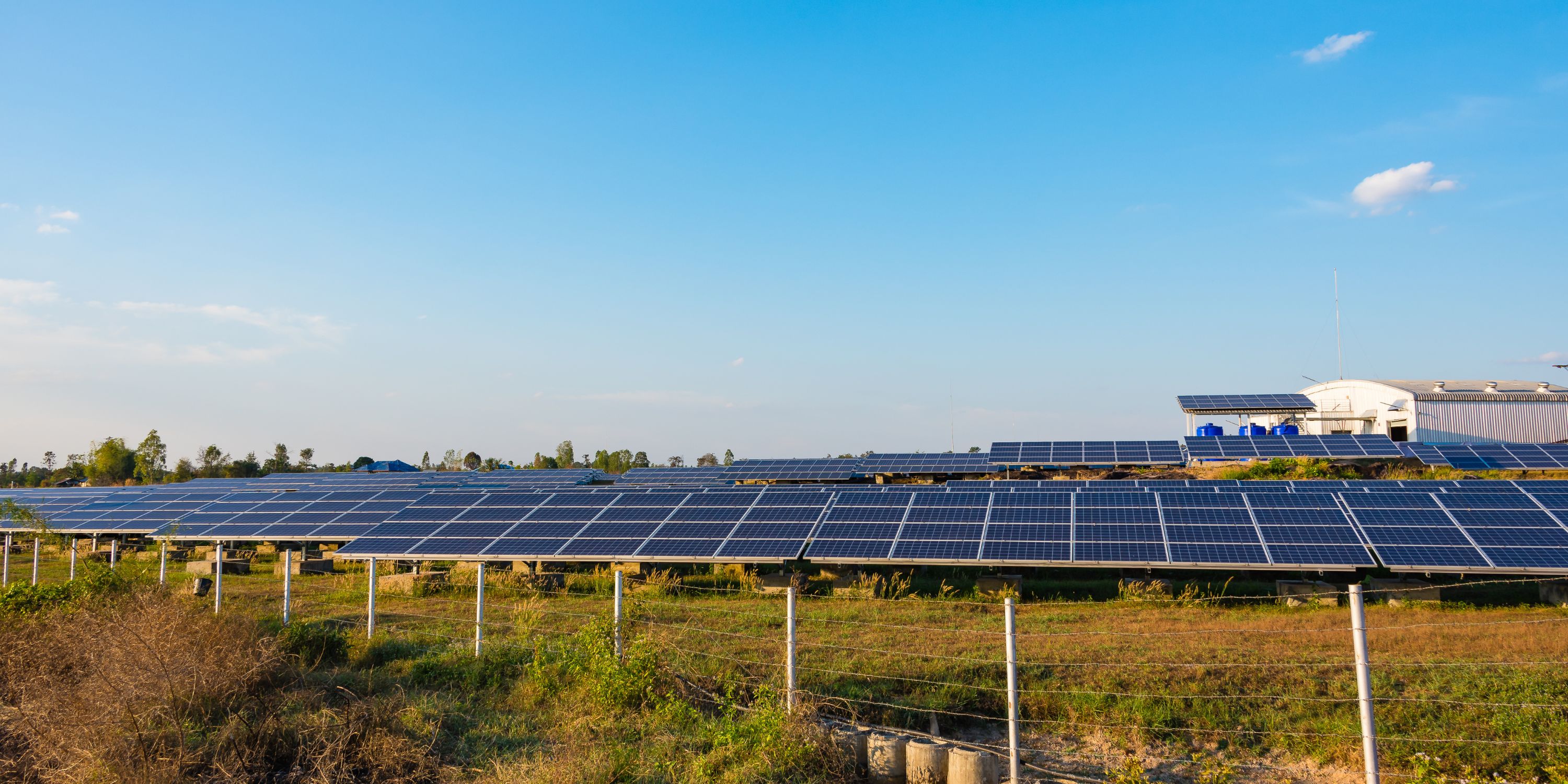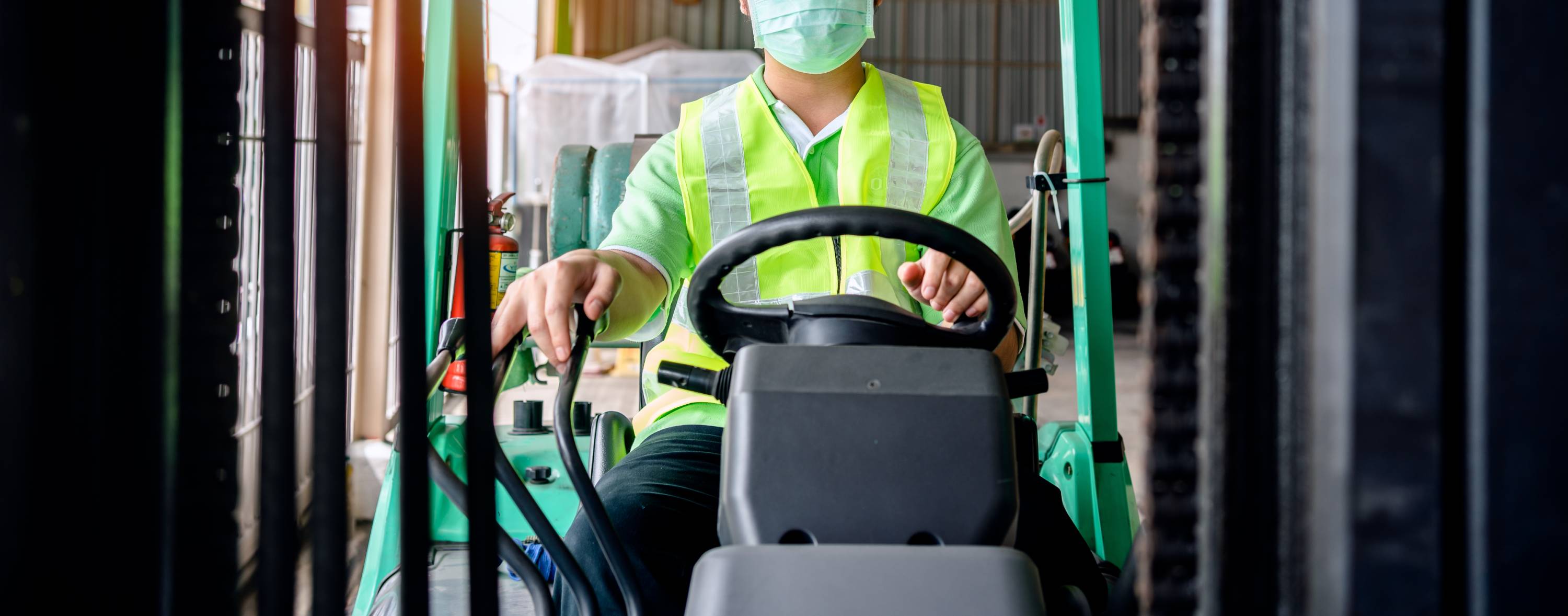SDG 9: Industry, innovation, and infrastructure
SDG 9: Industry, innovation, and infrastructure
Driving progress
Driving progress
In an increasingly dynamic economic environment, the search for sustainable growth is essential. Businesses, as key agents of economic development, have a responsibility to promote industrialization that generates equitable opportunities for all, supported by innovation and solid infrastructure.
What is SDG 9: Industry, innovation, and infrastructure?
What is SDG 9: Industry, innovation, and infrastructure?
Sustainable Development Goal 9 of the United Nations 2030 Agenda seeks to lay the foundations for responsible and inclusive economic development. To this end, it focuses on three fundamental pillars:
- Responsible industry: SDG 9 aims to transform industry towards a more sustainable model. It promotes the adoption of clean and environmentally responsible technologies, increasing the industry's share of employment and GDP (Gross Domestic Product).
- Innovation for progress: Foster technological innovation, research, and capacity development. This includes equitable access to information and knowledge, especially through the Internet.
- Infrastructure for connectivity and development: The aim is to develop quality, reliable, sustainable, and resilient infrastructure that is accessible to all. This facilitates connectivity, economic development, and improved quality of life in communities.

Learn about our contribution to the 17 SDGs
Find out more about the sustainability progress we have made over the past year.
Relevance and targets of SDG 9
Sustainable Development Goal 9 seeks to promote responsible economic development, job creation, and improved quality of life, emphasizing the importance of business action to achieve these goals.
To meet SDG 9, specific targets must be achieved:
- Resilient infrastructure: building reliable, sustainable, and resilient infrastructure that drives economic development and well-being. This includes roads, railroads, ports, airports, energy and telecommunications networks, among others.
- Inclusive industrialization: it is essential to promote inclusive and sustainable industrialization. This implies significantly increasing the share to employment and GDP by 2030, adapting industrial transformation to the conditions of each country, and doubling its share in least developed nations.
- Access to financial services for businesses: small industries and businesses, especially in developing countries, need access to financial services, such as affordable credit, for effective integration into value chains and markets.
- Modernization of infrastructure and industry: infrastructure and industry must be upgraded, focusing on efficiency, sustainability, and innovation. To this end, investment in Research and Development (R&D) per million inhabitants must be significantly increased, adapted to the capabilities of each country.
- Support for infrastructure in developing countries: promote the establishment of sustainable and resilient infrastructure in developing countries through expanded financial, technological, and technical support. Special focus should be on African nations, least developed countries, landlocked countries, and small island developing states.
- Technology development and innovation: it is crucial to promote the development of technologies, research, and innovation at the national level in developing countries in order to promote their growth. A favorable regulatory framework for industrial diversification and value addition to commodities must be ensured.
- Universal access to the Internet: the expansion of Information and Communications Technology (ICT) is essential for economic and social development. It is necessary to considerably increase the availability of this technology, providing universal and affordable access to the Internet in least developed countries.
Our contribution to SDG 9
Our contribution to SDG 9
At Repsol we are committed to industry, innovation, and infrastructure as fundamental pillars for sustainable development. Through specific projects and actions, we contribute to the United Nations Sustainable Development Goals, especially SDG 9:
- We promote industrial and business development in all the locations where we operate, fostering employment generation and the progress of local communities. The infrastructure built for our operations also contributes to this objective.
- We promote industrial and business development with our newly updated Strategic Plan 2024-2027, which includes an investment of more than 500 million euros in talent, technology, and digitalization.
- We promote research and innovation as drivers of economic growth and competitiveness. We invest 59 million euros annually in our own research and development, and 21 million euros in startups.
- We develop sustainable technological solutions at the Repsol Technology Lab, with the aim of providing solutions that contribute to the creation of a more efficient and competitive business with lower emissions. We establish partnerships with other technology centers, companies, and universities around the world. Some of our most outstanding projects are:
- Horizon Europe Plastics20lefins: a technology created to recycle unsorted plastic waste into valuable chemicals called olefins. These olefins can then be used to produce new plastic products.
- Factory of the Future: a digital initiative that seeks to transform industrial complexes to achieve greater efficiency and meet our goal of net zero emissions by 2050, while strengthening competitiveness through improved operations and safety.
- Electrolyzers: a device that has the ability to separate water molecules into hydrogen and oxygen, and then use the hydrogen generated to produce energy in electrical, mechanical, or thermal forms.
Bring your talent to the industrial transformation
Join our team!


